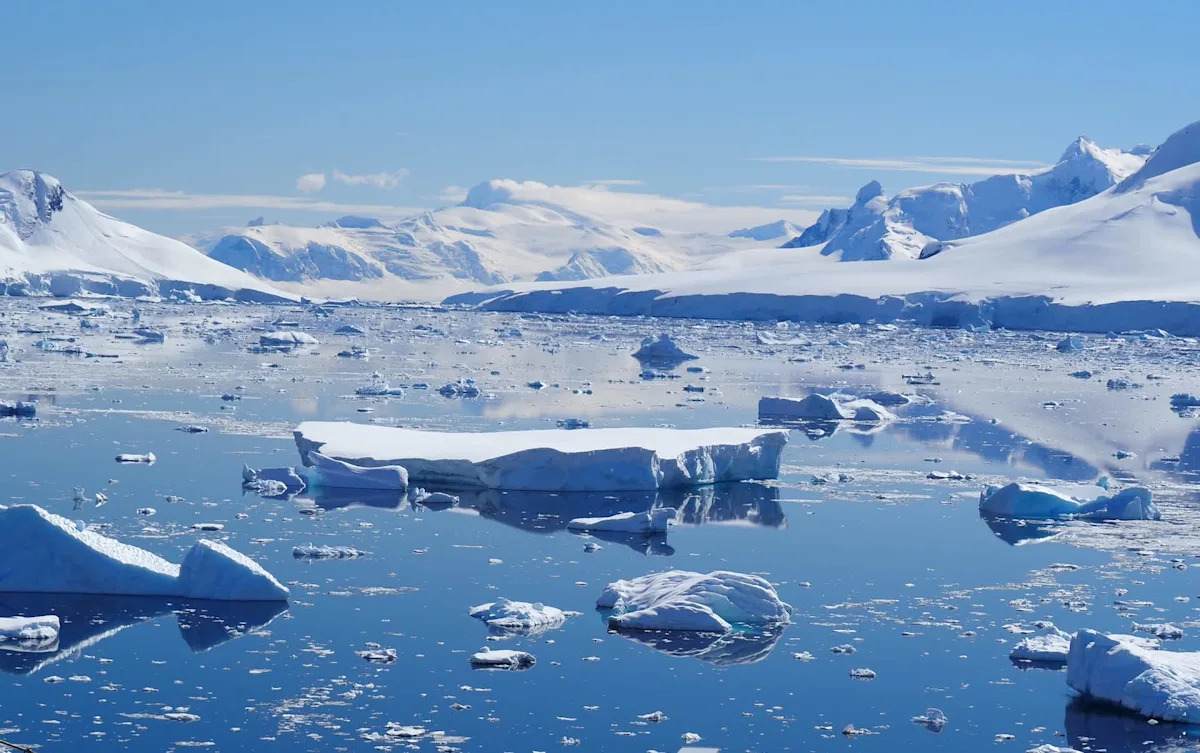A new study has revealed that Antarctic sea ice might hold the key to how quickly our planet is heating up, according to Earth.com. Researchers say that past assumptions may have underestimated just how sensitive Earth’s systems are to pollution, with the potential for faster sea level rise and stronger storms going forward.
What’s happening?
Scientists from Paris’ Sorbonne University analyzed satellite records from 1980 to 2020 and compared them with 28 global models. The results showed that ocean heat uptake and sea level rise by 2100 could be 14% higher than projected, while cloud feedback — the way clouds trap or reflect heat — might be as much as 31% stronger.
“When we initially discovered this link between historical Antarctic sea ice and future global ocean heat uptake, we were surprised by the strength of the relationship,” lead study author Linus Vogt said. “Antarctic sea ice covers less than 4% of the ocean’s surface, so how could it be so strongly associated with global ocean warming?”
In short, as Antarctic sea ice declines, fewer clouds form to block solar radiation, allowing more heat to enter the ocean and atmosphere.
Why is this study important?
If the planet is warming faster than expected, the consequences could be severe. Rising seas threaten coastal homes and cities across the world, and warmer oceans intensify hurricanes and disrupt global food systems.
These changes also spread waterborne disease and increase flood risks for millions of people living along coastlines.
This study follows several alarming observations of record-low Antarctic sea ice in recent years, echoing concerns researchers raised when sea ice levels hit unprecedented lows in 2023.
What’s being done about Antarctic ice melt?
The study’s authors emphasized that more accurate satellite monitoring and improved modeling will be vital to predicting future conditions. Long-term tracking of ice, clouds, and ocean circulation could help scientists better anticipate how quickly warming will affect the world.
“This likely stronger warming calls for urgent action to reduce greenhouse gas emissions in order to avoid the increased heat waves, floods, and ecosystem impacts associated with ocean warming,” Vogt noted in the study.
People can take meaningful steps to fight back. Reducing plastic waste and using clean transportation helps to slow the rising temperatures driving the climate crisis, and learning more about how global changes affect communities can empower you to make changes in your daily life and advocate for stronger environmental policies.
Join our free newsletter for good news and useful tips, and don’t miss this cool list of easy ways to help yourself while helping the planet.

